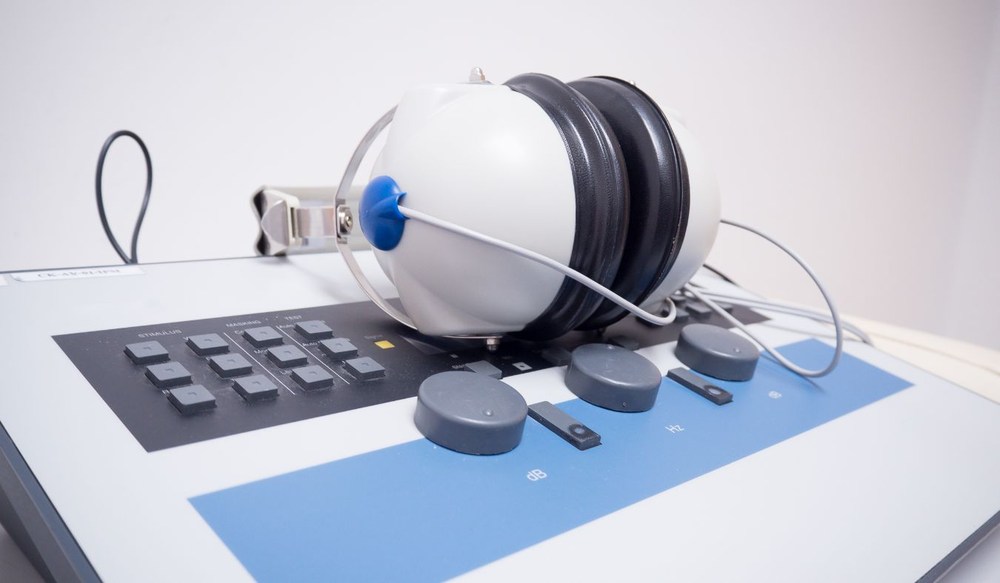What Teachers Should Know About Students with Hearing Loss
When a student has hearing loss, it can influence how they follow lessons,


When a student has hearing loss, it can influence how they follow lessons,

Binaural hearing aid processing allows hearing aids to work together as a

Construction sites are some of the loudest work environments, where heavy